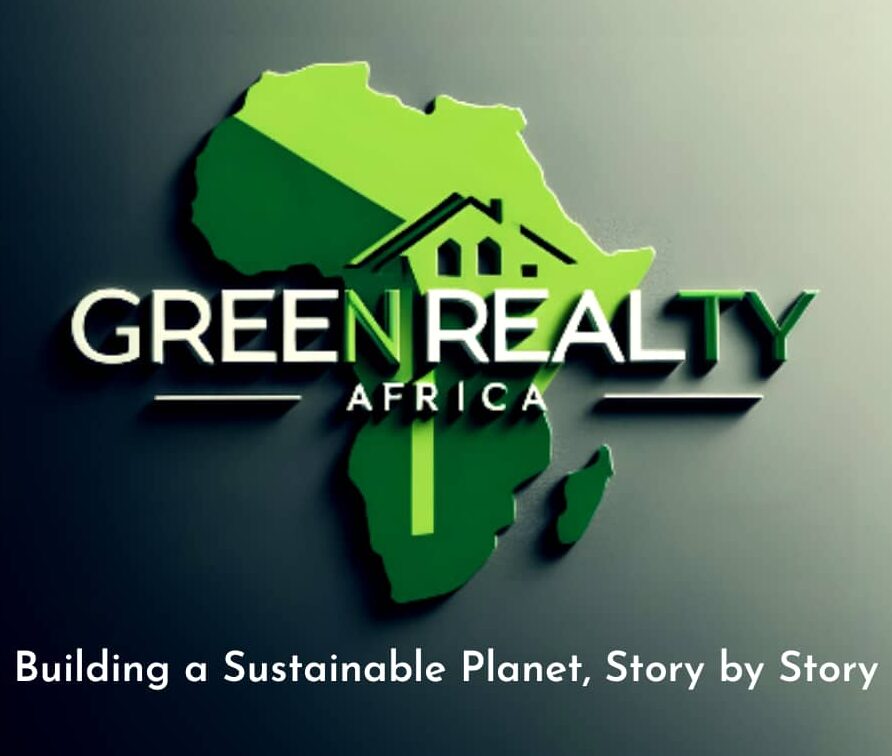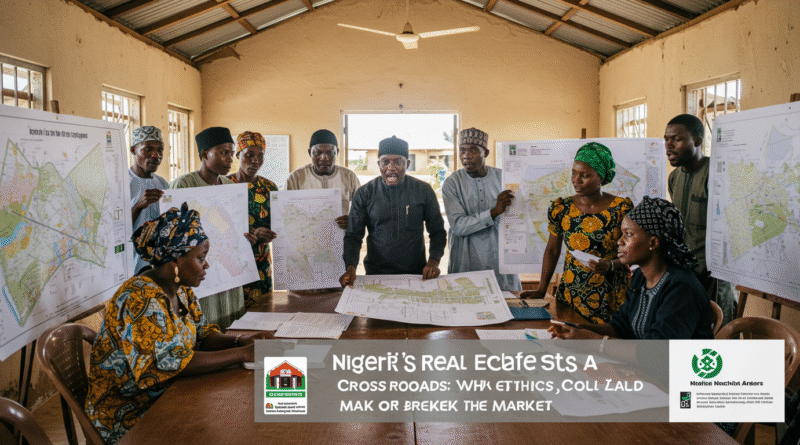Nigeria’s Real Estate at a Crossroads: Why Ethics Could Make or Break the Market
Nigeria’s real estate faces a defining moment. At the recent industry gathering, Dr. Victoria Odunfa, a respected Estate Surveyor and Valuer, came forward with a clear message: Nigeria’s real estate sector must confront its ethical demons or risk losing credibility in the eyes of the public.
Her words landed with the weight of someone who has seen the inside of the profession and knows just how fragile trust can be.
“Our real estate future depends on ethical conduct,” she warned, calling for regulatory bodies like the Nigerian Institution of Estate Surveyors and Valuers (NIESV) and the Estate Surveyors and Valuers Registration Board of Nigeria (ESVARBON) to tighten their grip on professional practice.
Ethical conduct in real estate: a sector under scrutiny
For years, whispers of inflated valuations, hidden commissions, and questionable dealings have shadowed the sector. Real estate in Nigeria is often portrayed as a goldmine, yet too many ordinary Nigerians encounter stories of fraud, double dealings, and incomplete developments. Odunfa’s call struck at this very nerve: a plea for transparency, discipline, and a new culture of accountability. Her recommendations were practical. She urged stricter licensing requirements, stronger enforcement of codes of conduct, and a system that protects whistleblowers. Importantly, she called for clear boundaries, ensuring that only licensed professionals handle valuations and transactions reserved for trained surveyors and valuers. “Without clear professional lines, the public pays the price,” she noted.
Real estate future depends on ethics: why it matters beyond the profession
At first glance, these may sound like internal housekeeping issues, but the implications ripple far wider.
On Real Estate: Trust is currency. If buyers and investors cannot rely on professionals, fewer transactions happen, and projects stall. In a market already burdened with high construction costs and limited access to mortgage financing, ethical lapses add another layer of risk. Foreign investors, already cautious about Nigeria’s regulatory climate, may think twice before committing funds.
On the Environment: Poor ethics often translate to poor planning. When corners are cut and land transactions are rushed without due diligence, environmental consequences follow, flood-prone estates, unsafe building locations, and developments that ignore green buffers. In Lagos and Port Harcourt, the scars of such decisions are visible in flooded homes and collapsed structures.
On the Economy: Real estate contributes directly to GDP through housing, construction, and related services. But a sector riddled with distrust becomes a drag on growth. Unscrupulous practices inflate property prices artificially, leaving middle-class families priced out and distorting housing data that policymakers rely on. Ethical reforms, therefore, are not just moral choices but economic imperatives.
On the Ordinary Nigerian: For many families, buying land or a home is the single biggest financial decision of their lives. When surveyors inflate costs or developers sell disputed plots, the victims are everyday Nigerians who may lose life savings. Ethics, then, is not an abstract debate, but it is about fairness, dignity, and the right to shelter.
Related News
Nigeria Real Estate Data Crisis
Lagos Property Demolition Crisis
Enugu Real Estate Takes Off with Aviation Boom
Building a future of trust
The question now is whether Odunfa’s call will trigger genuine reform or simply fade into the background noise of industry conferences. Nigeria’s real estate sector sits at a crossroads: it can embrace higher standards and build the trust needed to unlock investment, or it can continue down the path of suspicion, where every transaction feels like a gamble.
The ordinary Nigerian is watching, often from the sidelines, hoping the next attempt to secure a home does not end in tears. Regulators, professionals, and government agencies have a rare opportunity to prove that our real estate future depends on ethical conduct and that the industry can be more than a playground for the powerful.
Conclusion
The truth is simple: ethics is not a luxury. It is the foundation on which homes, communities, and economies stand. And without it, Nigeria’s real estate dream risks collapsing under its own weight.

